- Home
Page 4
Page 4
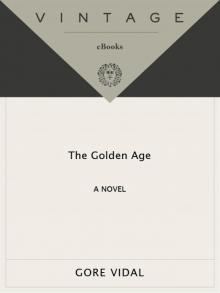 The Golden Age: A Novel
The Golden Age: A Novel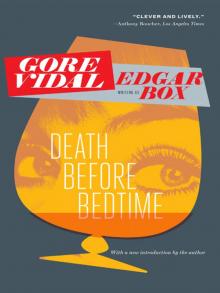 Death Before Bedtime
Death Before Bedtime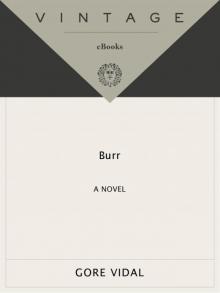 Burr
Burr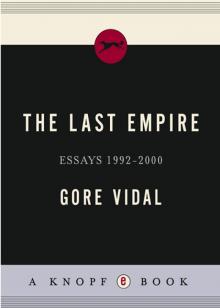 The Last Empire
The Last Empire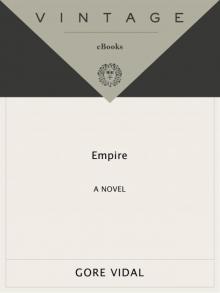 Empire: A Novel
Empire: A Novel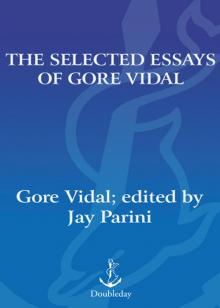 The Selected Essays of Gore Vidal
The Selected Essays of Gore Vidal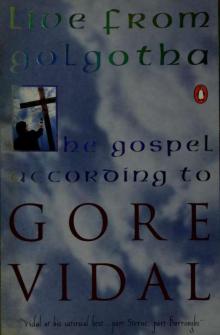 Live From Golgotha
Live From Golgotha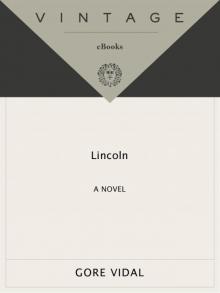 Lincoln
Lincoln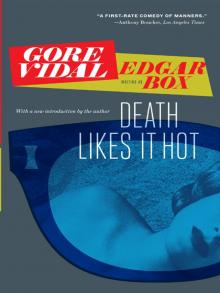 Death Likes It Hot
Death Likes It Hot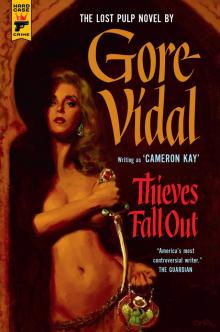 Thieves Fall Out (Hard Case Crime)
Thieves Fall Out (Hard Case Crime)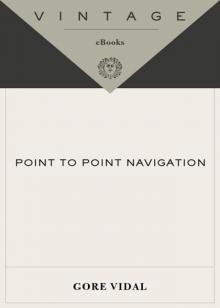 Point to Point Navigation
Point to Point Navigation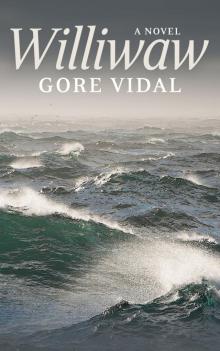 Williwaw
Williwaw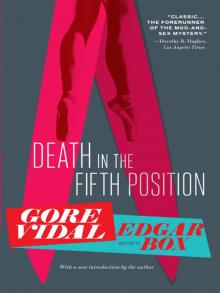 Death in the Fifth Position
Death in the Fifth Position In a Yellow Wood
In a Yellow Wood Julian
Julian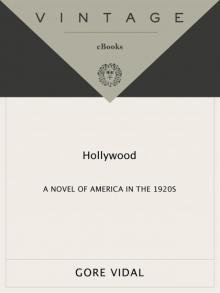 Hollywood
Hollywood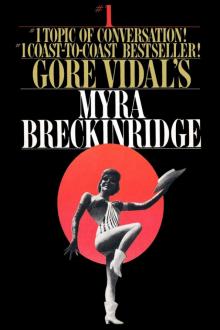 Myra Breckinridge
Myra Breckinridge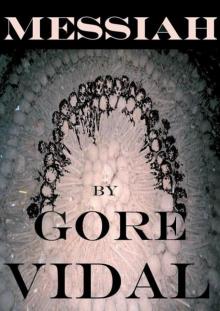 Messiah
Messiah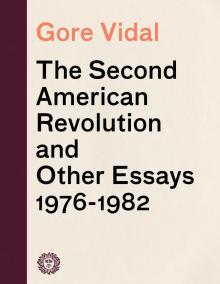 The Second American Revolution and Other Essays 1976--1982
The Second American Revolution and Other Essays 1976--1982 Homage to Daniel Shays
Homage to Daniel Shays Empire
Empire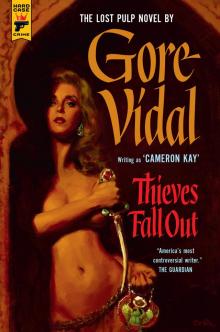 Thieves Fall Out
Thieves Fall Out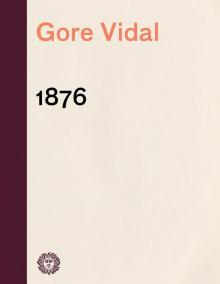 1876
1876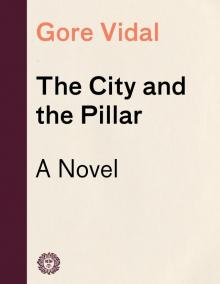 The City and the Pillar
The City and the Pillar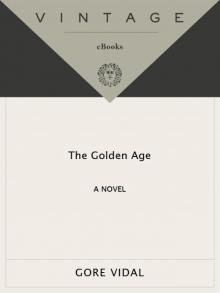 The Golden Age
The Golden Age At Home
At Home